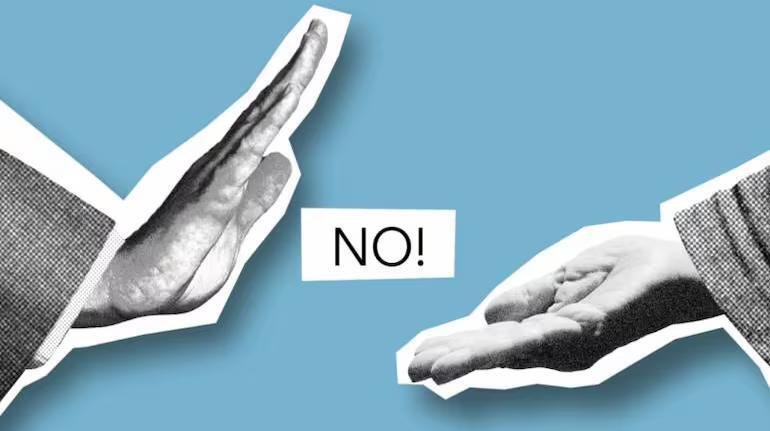
Title: 21-year-old claims firm rejected him as his salary was ‘too high’ for his age in Japan
In a shocking revelation, a 21-year-old job-seeker in Japan has claimed that a company rejected him during the interview stage after clearing multiple rounds because his salary was deemed “too high” for his age. The incident has raised concerns about age-biased hiring practices in Japan, where the concept of “salarymen” culture is deeply ingrained.
The young job-seeker, who wished to remain anonymous, shared his experience on Reddit, stating that he had cleared multiple rounds of interviews with the company and was confident about landing the job. However, during the final stage of the interview, the company’s HR representative suddenly raised concerns about his salary.
“I feel really sad because I feel [being young] is a slight disadvantage,” the 21-year-old said in his Reddit post. “Japanese culture is very much age-biased, and it seems that being young is a minus point for many companies.”
The incident has sparked a heated debate on social media, with many users expressing shock and outrage at the company’s decision. “This is ridiculous! Age shouldn’t be a factor in determining salary,” wrote one user. “The company should focus on the candidate’s skills and qualifications, not their age or salary expectations,” added another.
The concept of “salarymen” culture in Japan is deeply rooted in the country’s societal values. In many Japanese companies, older employees are often given higher salaries and more prominent roles due to their experience and seniority. This can create a culture of ageism, where younger employees are often viewed as less reliable or less capable due to their age.
However, this incident highlights the need for a change in this culture. In today’s fast-paced and rapidly changing job market, age should not be a determining factor in hiring decisions. Companies should focus on the skills and qualifications of candidates, rather than their age or salary expectations.
In Japan, the issue of age-biased hiring practices is not a new one. In recent years, there have been several high-profile cases of age discrimination in the workplace, with many young job-seekers reporting difficulties in finding employment due to their age.
The Japanese government has taken steps to address this issue, introducing legislation in 2019 aimed at preventing age discrimination in the workplace. The law prohibits employers from asking about a job applicant’s age or birthdate during the hiring process, and imposes penalties on companies found guilty of age discrimination.
Despite these efforts, the issue of age-biased hiring practices remains a significant challenge in Japan. The country’s aging population and shrinking workforce have created a highly competitive job market, where older employees often have an advantage.
The incident highlights the need for a cultural shift in Japan, where age is not seen as a determining factor in hiring decisions. Companies should focus on finding the best candidate for the job, regardless of their age or salary expectations.
In conclusion, the incident of a 21-year-old job-seeker being rejected by a company due to his salary being deemed “too high” for his age is a stark reminder of the challenges faced by young job-seekers in Japan. It is essential for companies to recognize the value of younger employees and to focus on their skills and qualifications, rather than their age or salary expectations.
As the Japanese government continues to work towards creating a more inclusive and age-friendly job market, it is crucial for companies to adopt a more open-minded approach to hiring. By doing so, Japan can create a more competitive and dynamic workforce, where age is not a barrier to success.




